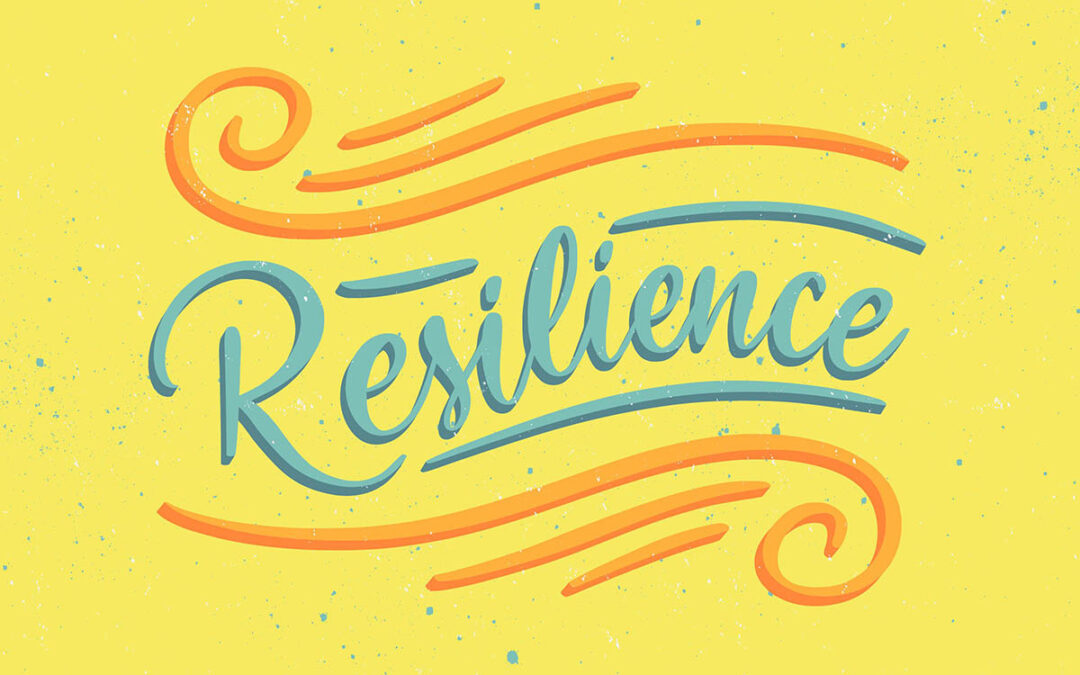The term “ resilience” is derived from the Latin word “resilire” which means “springing back”, or “jumping back up.” In the last century, psychological research has addressed the understanding of several domains of positive psychology including resilience. (Fleming & Ledogar, 2008). Resilience is referred to as positive adaptation despite adversity (Luthar, 2006). It is also understood as a construct with two distinct dimensions- significant adversity and positive adaptation.
The American Psychological Association defines resilience as “the process of adapting well in the face of adversity, trauma, tragedy, threats or even significant sources of stress.” Examples of distress include illness, divorce, losing a job or financial problems among several others. The Covid 19 pandemic challenged our existing way of life, forcing us to adapt and highlighting the power and importance of resilience. It is important to note that being a resilient person does not mean that one does not or will not experience distress. Instead of resorting to unhealthy coping mechanisms such as binge eating or alcoholism etc., resilience involves confronting life’s stumbling blocks in a manner that nurtures growth and strength.
There are certain characteristics that are associated with resilient people such as knowing one’s boundaries, cultivating self-awareness, having a list of self-care activities and considering a varied perspective on a distressing situation among many others.
According to Lopez and Snyder (2009), there are key protective individual factors in developing psychological resilience which include:
- Positive self-image;
- Problem-solving skills;
- Self-regulation;
- Adaptability;
- Faith/understanding the meaning and one’s purpose;
- Positive outlook;
- Skills and talents that are valued by self and community;
- General acceptance by others.
Resilience, however, is not a static personality trait. Like several other aspects of life, it can be learnt and practised. While the interplay of several factors might influence resilience, with time and intentionality, one can learn to take a resilient approach.
There are several ways of building resilience. Some of these, as suggested by the American Psychological Association are as follows:
- Prioritizing relationships
- Fostering wellness by taking care of one’s body and practising mindfulness
- Finding purpose
- Embracing healthy thoughts
- Seeking help from a mental health professional, if required.
Resilience, therefore, can help us tackle life’s challenges in a better and more informed manner. According to a study, psychological education and health promotion programmes that target strengthening psychological resilience may help foster positive coping styles to benefit mental health and psychological well-being. (Wang et. al, 2020). In changing times such as those today, developing resilience is not only an advantage but also the need of the hour.
As Maya Angelou says, “I can be changed by what happens to me. But I refuse to be reduced by it.”
– Urveez Kakalia and Niharika Bhatia.

